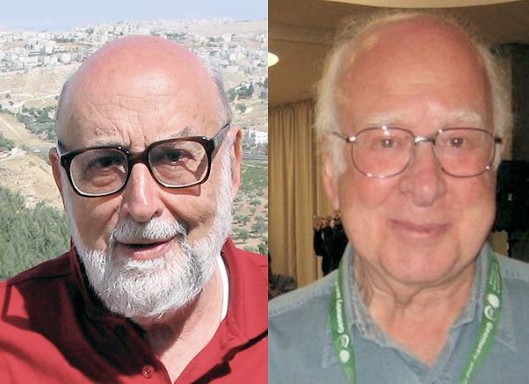
François Englert and Peter W. Higgs are jointly awarded the Nobel Prize in Physics 2013 for the theory of how particles acquire mass. In 1964, they proposed the theory independently of each other (Englert together with his now deceased colleague Robert Brout). In 2012, their ideas were confirmed by the discovery of a so-called Higgs particle at the CERN laboratory outside Geneva in Switzerland.
The awarded theory is a central part of the Standard Model of particle physics that describes how the world is constructed. According to the Standard Model, everything, from flowers and people to stars and planets, consists of just a few building blocks: matter particles. These particles are governed by forces mediated by force particles that make sure everything works as it should.
The entire Standard Model also rests on the existence of a special kind of particle: the Higgs particle. This particle originates from an invisible field that fills up all space. Even when the universe seems empty this field is there. Without it, we would not exist, because it is in contact with the field that particles acquire mass. The theory proposed by Englert and Higgs describes this process.
On 4 July 2012, at the CERN laboratory for particle physics, the theory was confirmed by the discovery of a Higgs particle.


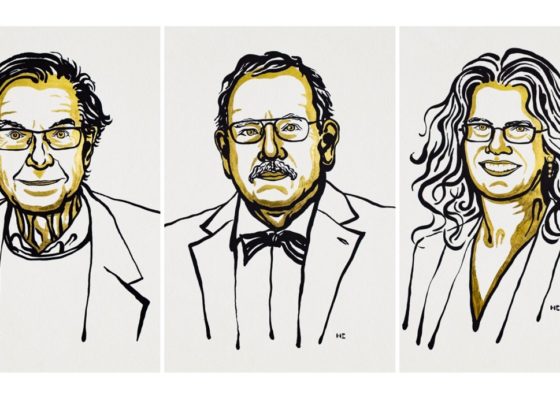
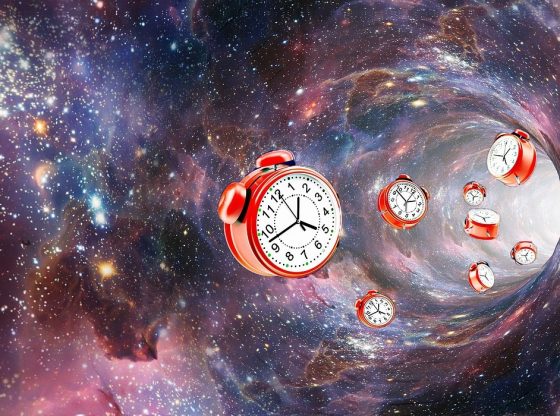
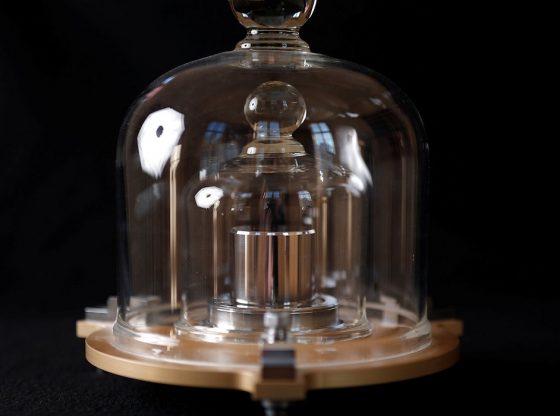
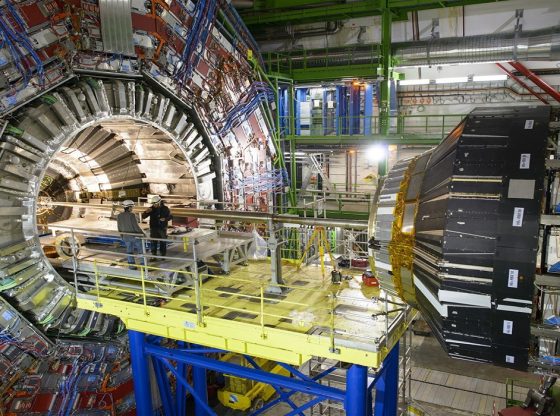
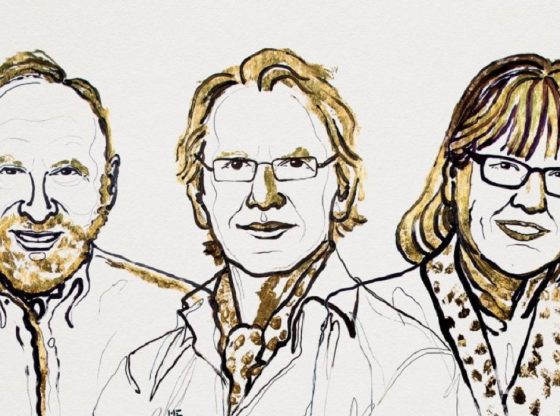
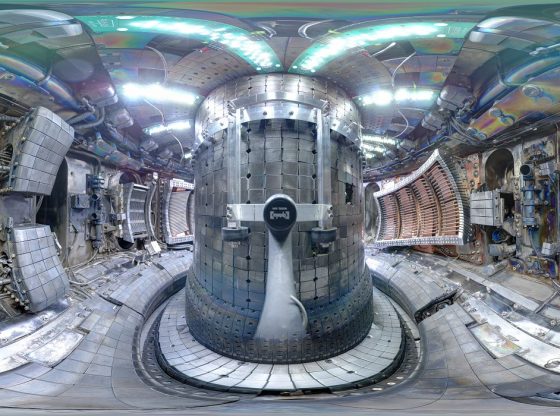
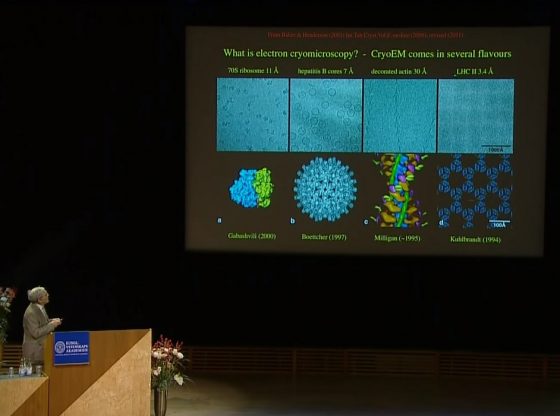
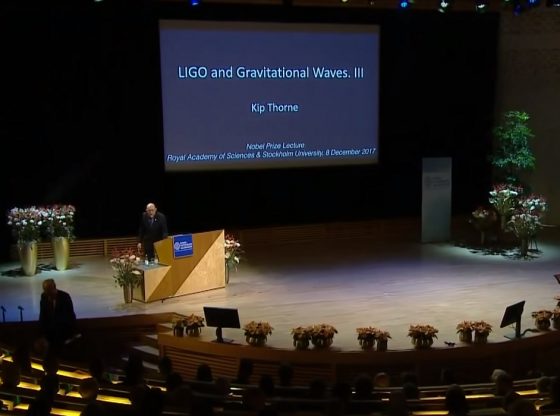
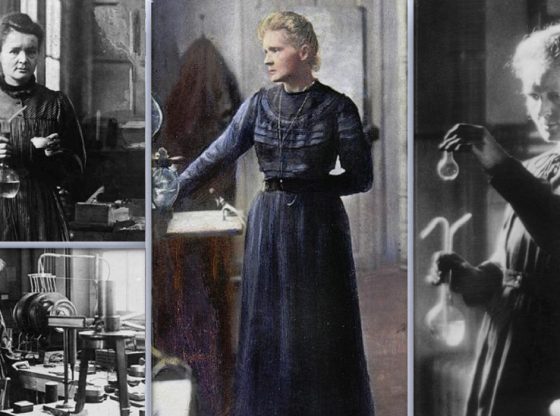
![OpenAI. (2025). ChatGPT [Large language model]. https://chatgpt.com](https://www.illustratedcuriosity.com/files/media/55136/b1b0b614-5b72-486c-901d-ff244549d67a-350x260.webp)
![OpenAI. (2025). ChatGPT [Large language model]. https://chatgpt.com](https://www.illustratedcuriosity.com/files/media/55124/79bc18fa-f616-4951-856f-cc724ad5d497-350x260.webp)
![OpenAI. (2025). ChatGPT [Large language model]. https://chatgpt.com](https://www.illustratedcuriosity.com/files/media/55099/2638a982-b4de-4913-8a1c-1479df352bf3-350x260.webp)








